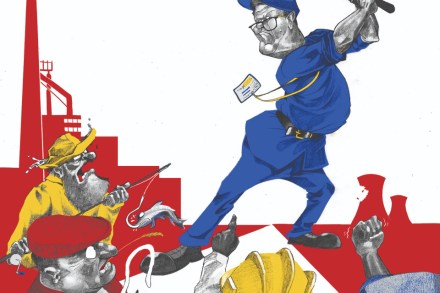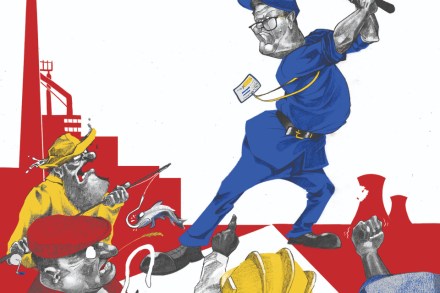Michael Gove on Starmer vs the workers: why Labour needs to learn to love Brexit
20 min listen
Spectator editor Michael Gove joins Natasha Feroze to talk about his cover article this week: ‘Starmer vs the workers’, the real Brexit betrayal. Michael puts forward his arguments for why Labour should learn to love Brexit, should take back control to protect British jobs and industries, and could use Brexit as an opportunity to harness AI and science & technology. Plus, has the UK-EU deal brought back ‘happy memories’ for the former prominent Brexiteer? Produced by Natasha Feroze and Patrick Gibbons.





















